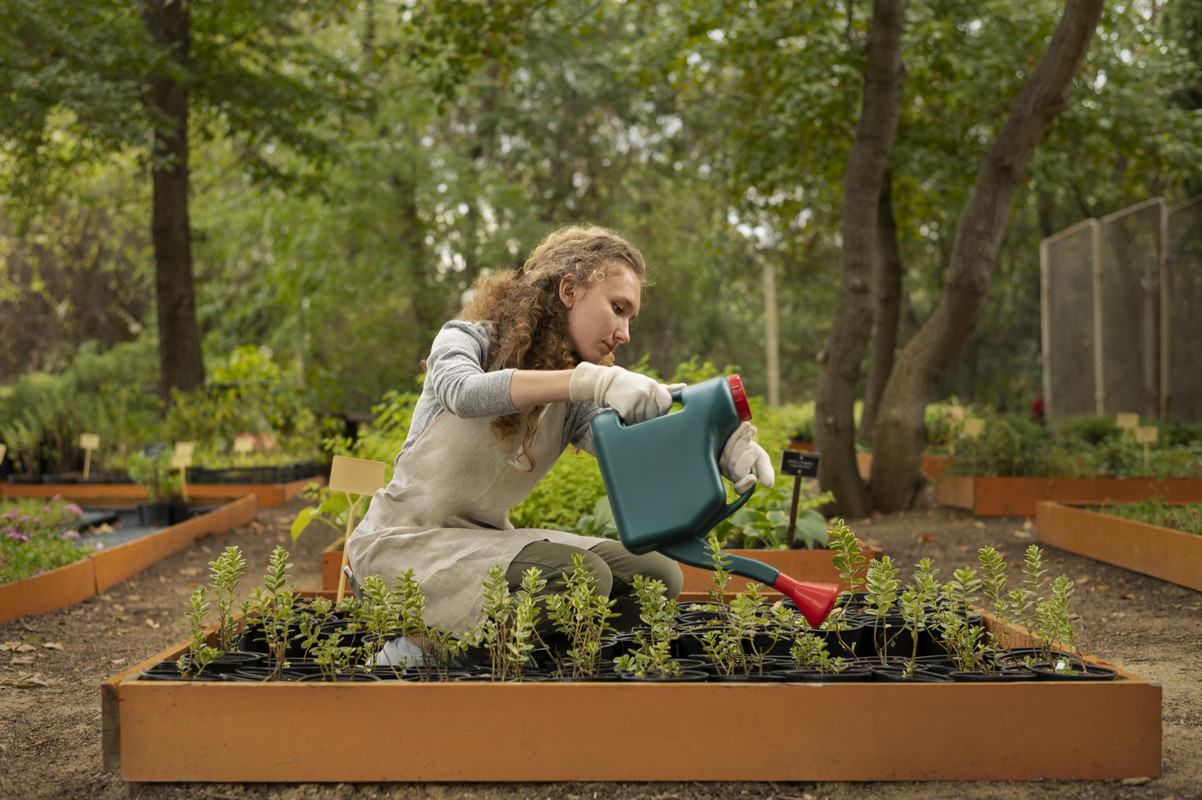Introduction
Have you ever strolled by an enchanting garden boasting lush, vibrant greenery, an array of radiant flowers and thought to yourself, how do they do it? Do you wonder if it’s possible to breathe new life into your own, perhaps neglected, garden patch? Whether you have a green thumb or not, the answer is a resounding yes! In this blog post, we’ll provide some expert insights from seasoned gardeners on rejuvenating your garden, ensuring you can enjoy a vibrant, harmonious garden space all year round.
Your garden could be a source of great joy and serenity; it’s a place to escape, reflect and bask in the beauty of nature. But often, it’s easy to become overwhelmed by garden maintenance, especially when life gets busy. What if we told you that with a little planning and a few helpful tips from experts, you could turn your garden into a thriving sanctuary without too much stress?
Gardener can provide both a physical and mental haven, and with the expert gardening tips we’ve gathered, you will be equipped with the know-how to bring your garden back to life. However, it’s important to remember that every garden is unique; what might work for one might not for another. This article aims to cover a broad range of advice, allowing you to cherry-pick the ideas that resonate with your garden and your abilities.

Understanding Your Garden’s Needs
To rejuvenate your garden, a good starting point is understanding what it needs. What kind of soil do you have? What’s the pH level of your soil? Which plants and flowers thrive in your climate? These are all factors that will significantly influence your garden’s health and appearance.
Knowledge is power. Once you have the necessary information, you can make precise interventions. For example, soil pH levels can be adjusted by adding lime or sulfur. Selecting plants according to your local climate not only leads to healthier plants but also reduces the amount of care they need. This thoughtful planning stage could save you so much time and effort, not to mention avoiding potential heartache when your beloved plants don’t thrive.
Nurturing the Soil: The Secret to a Lush Garden
Often overlooked, the health of your garden’s soil is paramount. Soil nourishment directly impacts the growth and development of your plants. Therefore, investing time and effort in soil improvement should be your initial focus.
Consider the current state of your garden soil. Is it too dry, too sandy, or too compact? You may need to implement techniques to improve its texture or drainage. Composting is an excellent way to enrich your soil with nutrients needed by your plants while also improving the soil’s structure.
The Art of Pruning
Sometimes your garden needs a little tough love to be reborn. Pruning is an essential aspect of garden rejuvenation that entails selectively trimming plants to remove unhealthy, unproductive, or unwanted sections.
Removing dead or damaged branches promotes healthier growth by letting more sunlight reach the plant’s core, improving air circulation, and allowing new sprouts to come through. Moreover, regular pruning ensures that your garden looks neat and tidy.
Strategic Planting
Strategic planting can not only enhance the aesthetic appeal of your garden but also contribute to its overall health. Planting indigenous species provides a supportive environment for local wildlife and often requires less maintenance. Companion planting can also deter pests and improve the soil.
It’s also worth considering the lifecycle of different plants. Utilizing a mix of perennials and annuals can ensure your garden has a distinct, vibrant character throughout the seasons, bringing a variety of colour and form to your outdoor space.
Sensible Watering

The importance of a sensible watering schedule cannot be stressed enough. Overwatering or underwatering can lead to various plant health issues, from yellow leaves to root rot.
Investing in a good irrigation system can save water and energy and provide your plants with a steady, appropriate amount of hydration. It’s not just about frequency, but also about timing. For example, watering in the early morning or late evening reduces the rate of evaporation and allows water to penetrate deeper into the soil.
Going Organic
Going organic means avoiding synthetic fertilizers and pesticides in favour of natural alternatives. This can promote a balanced ecosystem in your garden, attract beneficial insects and improve plant health and resilience. Plants grown organically tend to be more robust over time, as they develop their own defenses against pests and diseases.
Conclusion
Garden rejuvenation doesn’t have to be an overwhelming task. By understanding your garden’s needs, nurturing the soil, following prudent pruning practices, planting strategically, watering sensibly and choosing organic options, you can breathe new life into your tired garden. These expert tips will serve as your roadmap to a flourishing, ecological, and sustainable garden that enhances your surroundings and uplifts your spirits. Remember, the secret to a lovely garden lies in patience, consistency, and a deep love for nature. Happy gardening!



